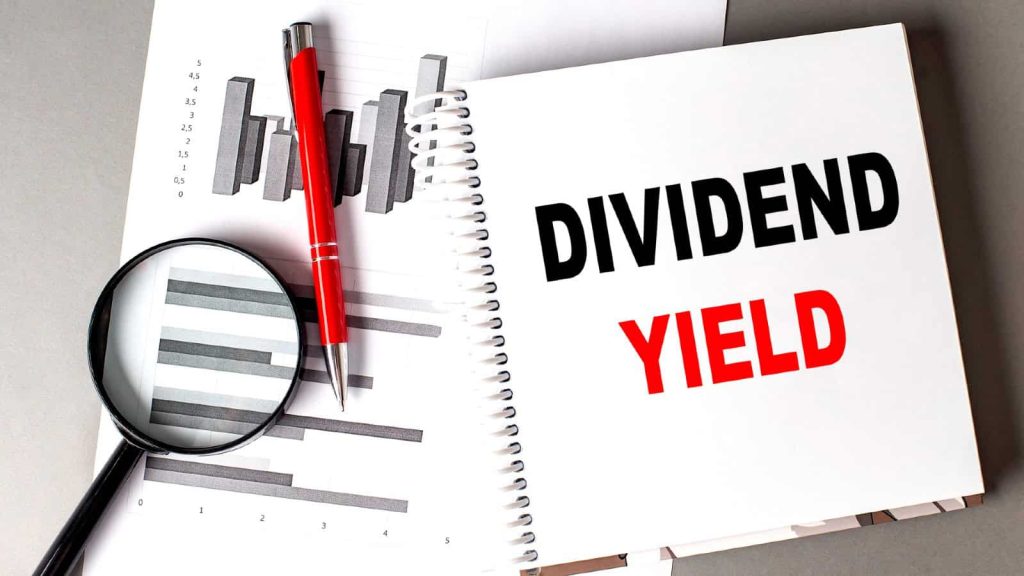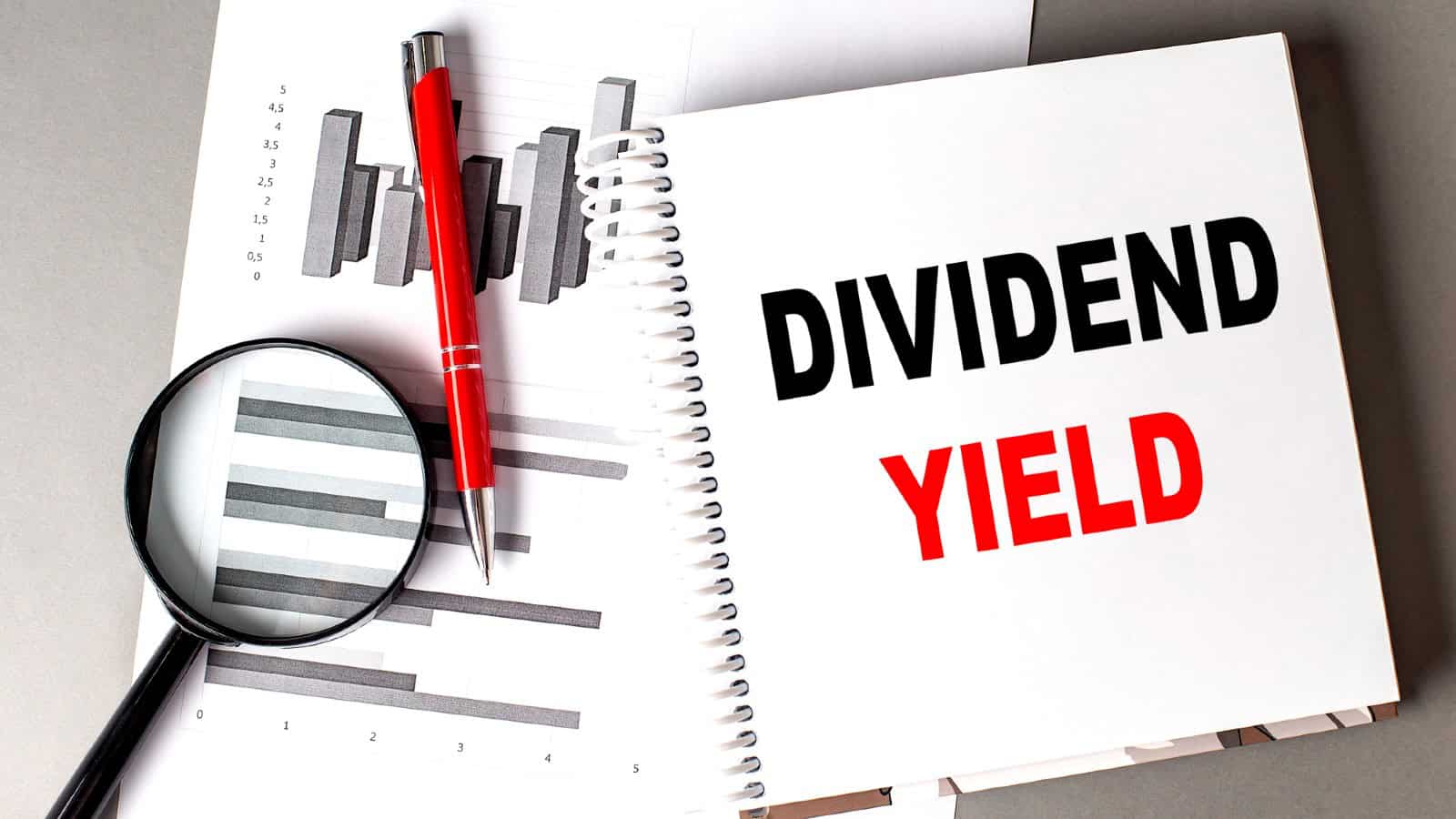With a 9% dividend yield, WPP is now topping the FTSE 100 – but I’m not convinced


WPP’s dividend yield has recently shot up to 9% and is now the highest on the FTSE 100. But over my years of investing, I’ve learnt that chasing big yields can sometimes do more harm than good. Focusing on total return — the combination of share price growth and dividends — usually matters far more in the long run.
That’s why a FTSE 100 dividend share like Shell (LSE: SHEL) may be a better option to consider.
Low yield, high total return
Shell might not turn heads with its current dividend yield of just over 4%. But look beneath the surface and its long-term total return story is compelling. Over the past five years, the energy giant’s share price has climbed 105%, equating to annualised returns of 15% a year.
Add the yield and we’re looking at a meaty 19% total return.
Factor in those steadily growing dividends — up roughly 5% per year post-pandemic — and the total return is even more attractive.
Plus, it looks sustainable. Last year, it pulled in £38bn in operating cash flow, supporting a solid balance sheet that reveals debt at roughly half of equity. And the payout ratio sits at a comfortable 63%, suggesting plenty of room to maintain dividends even if earnings slip.
Of course, investing in oil majors carries familiar risks. One is the threat of declining long-term demand as the world shifts to renewables. Another is geopolitical instability — Shell’s global operations expose it to everything from sanctions to production cuts that could weigh on profits.
Still, barring another pandemic-scale shock, I think Shell looks well placed to keep delivering for income seekers. Its moderate yield, coupled with long-term price growth, makes for a powerful compounding combination.
High yield, low total return
Now, take WPP, the global advertising giant. On paper, its high dividend yield looks mouth-watering but dig a little deeper and the picture changes.
The share price is down around 30% over five years and now trades near its lowest level in more than 15 years. Even with that hefty dividend, investors would be hard-pressed to break even over the period.
Also attractive is the low valuation — its price-to-earnings (P/E) ratio is just 8.4, while price-to-sales (P/S) is 0.32. But this could be a classic ‘value trap’: a stock that appears cheap but keeps sliding, wiping out the benefit of its high payout.
And while the dividend is well-covered by earnings, it hasn’t grown over the past two years. Plus its debt pile of £6.35bn is nearly double its equity.
In my opinion, that simply isn’t convincing enough to consider based on the high yield alone. I’d need to see strong evidence of a viable turnaround strategy before making a decision.
Yield is just one piece of the puzzle
This comparison underlines why I always look at dividend yield alongside total return potential. A 4% yield backed by a strong business and rising share price can deliver far more wealth over decades than an 8% yield tied to a struggling firm.
For investors chasing passive income, focusing on quality and sustainable growth will nearly always pay off better than simply hunting the biggest yield on the board.
The post With a 9% dividend yield, WPP is now topping the FTSE 100 – but I’m not convinced appeared first on The Motley Fool UK.
Should you buy Shell now?
Don’t make any big decisions yet.
Because Mark Rogers — The Motley Fool UK’s Director of Investing — has revealed 5 Shares for the Future of Energy.
And he believes they could bring spectacular returns over the next decade.
Since the war in Ukraine, nations everywhere are scrambling for energy independence,
he says. Meanwhile, they’re hellbent on achieving net zero emissions.
No guarantees, but history shows…
When such enormous changes hit a big industry, informed investors can potentially get rich.
So, with his new report, Mark’s aiming to put more investors in this enviable position.
Click the button below to find out how you can get your hands on the full report now, and as a thank you for your interest, we’ll send you one of the five picks — absolutely free!
More reading
- This FTSE 100 stock yields 9.36% but I still wouldn’t touch it with a bargepole!
- This FTSE 100 stock’s suddenly become the highest-yielder on the index!
- Here’s why I’ve changed my mind on this plummeting FTSE 100 share!
- Down 18%, this FTSE 100 dividend stock just hit a 16-year low!
- A profit warning sends the WPP share price 16% lower!
Mark Hartley has no position in any of the shares mentioned. The Motley Fool UK has no position in any of the shares mentioned. Views expressed on the companies mentioned in this article are those of the writer and therefore may differ from the official recommendations we make in our subscription services such as Share Advisor, Hidden Winners and Pro. Here at The Motley Fool we believe that considering a diverse range of insights makes us better investors.





